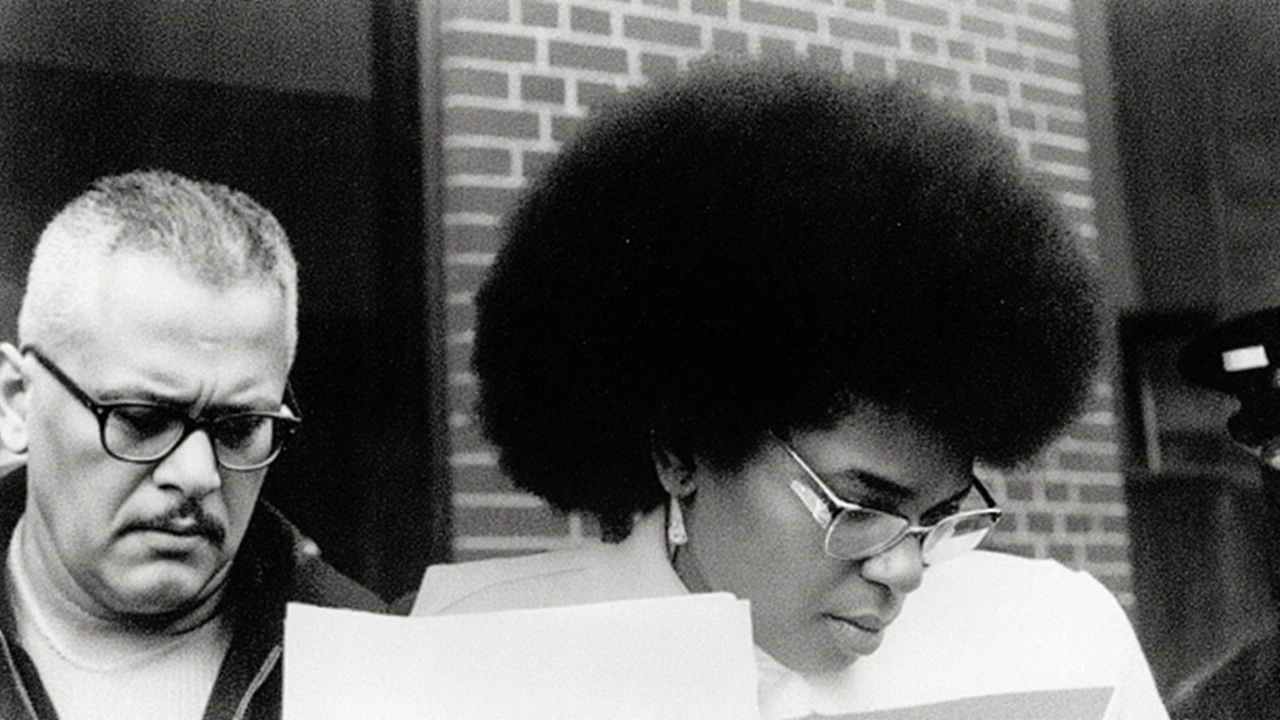Political History – Stories That Shaped the World
When you hear "political history," you probably think of wars, speeches, and big names. But it’s also about everyday moments that still echo today. From ancient revolts to modern headlines, the past can help us make sense of the present. Let’s break down a few key pieces and why they matter to you.
Recent Headlines in Political History
One story that landed in the news this week is the death of Assata Shakur in Cuba. She was a former member of the Black Liberation Army and spent 45 years on the FBI’s Most Wanted Terrorists list. Her 1979 prison break, years of asylum in Havana, and recent death close a long‑running saga that still sparks debate about U.S.‑Cuba relations and activism.
The Shakur case isn’t isolated. It sits alongside other modern moments that feel like history in the making. Think of the 2024 elections, the rise of digital surveillance, or the recent protests in Europe. Each event adds a new layer to the political timeline and invites us to ask: how will future generations view today’s headlines?
Why It Matters Today
Understanding political history isn’t just for scholars. It helps you see patterns, like how economic stress can fuel social movements or how government actions can reshape public trust. When you read about Shakur’s life, you also get a glimpse of the broader civil rights struggle, the Cold War backdrop, and the ongoing dialogue about incarceration and exile.
These patterns show up in everyday life. If a new law limits internet freedom, you can compare it to past attempts to control information. If a protest erupts over climate policy, you might recall the anti‑war rallies of the 1960s. Spotting the similarity makes it easier to form an opinion and decide where you stand.
Another practical takeaway: political history teaches you the language of power. Terms like "most wanted," "asylum," or "civil rights" carry legal and cultural weight. Knowing where they came from helps you spot when they’re being used to persuade or mislead.
So, what can you do with this knowledge? Start by looking at current news through a historical lens. Ask yourself: "What past event does this resemble? What was the outcome then, and could it repeat now?" This habit turns headlines into learning moments and keeps you informed, not just reactive.
If you want to dig deeper, check out archives, documentaries, or podcasts that focus on specific eras. You might discover a forgotten uprising that mirrors a current movement, or a treaty that still influences today’s trade deals. The more connections you make, the clearer the big picture becomes.
Bottom line: political history isn’t a dusty collection of dates. It’s a living story that includes people like Assata Shakur, whole nations, and the everyday decisions that shape our world. By paying attention, you become a more aware citizen and can better navigate the twists and turns of today’s political landscape.
Assata Shakur Dies in Cuba at 78, Ending 45‑Year Fugitive Chase
Cuban officials announced the death of former Black Liberation Army member Assata Shakur at age 78. Her 1979 prison break, decades‑long asylum in Havana, and 2013 addition to the FBI's Most Wanted Terrorists list made her a flashpoint in U.S.–Cuba relations. The news closes a 45‑year manhunt that began after a 1973 shootout on the New Jersey Turnpike.
